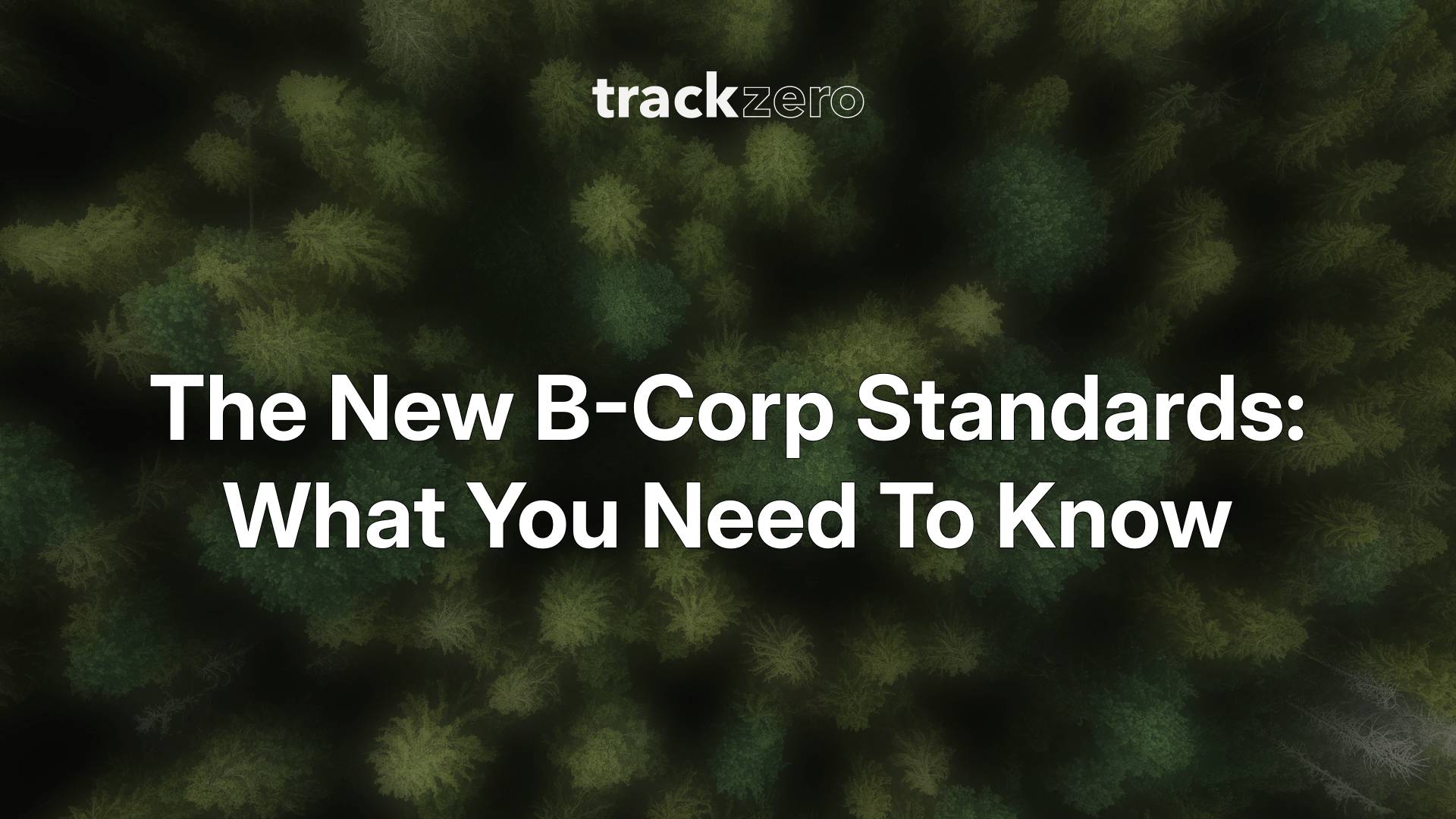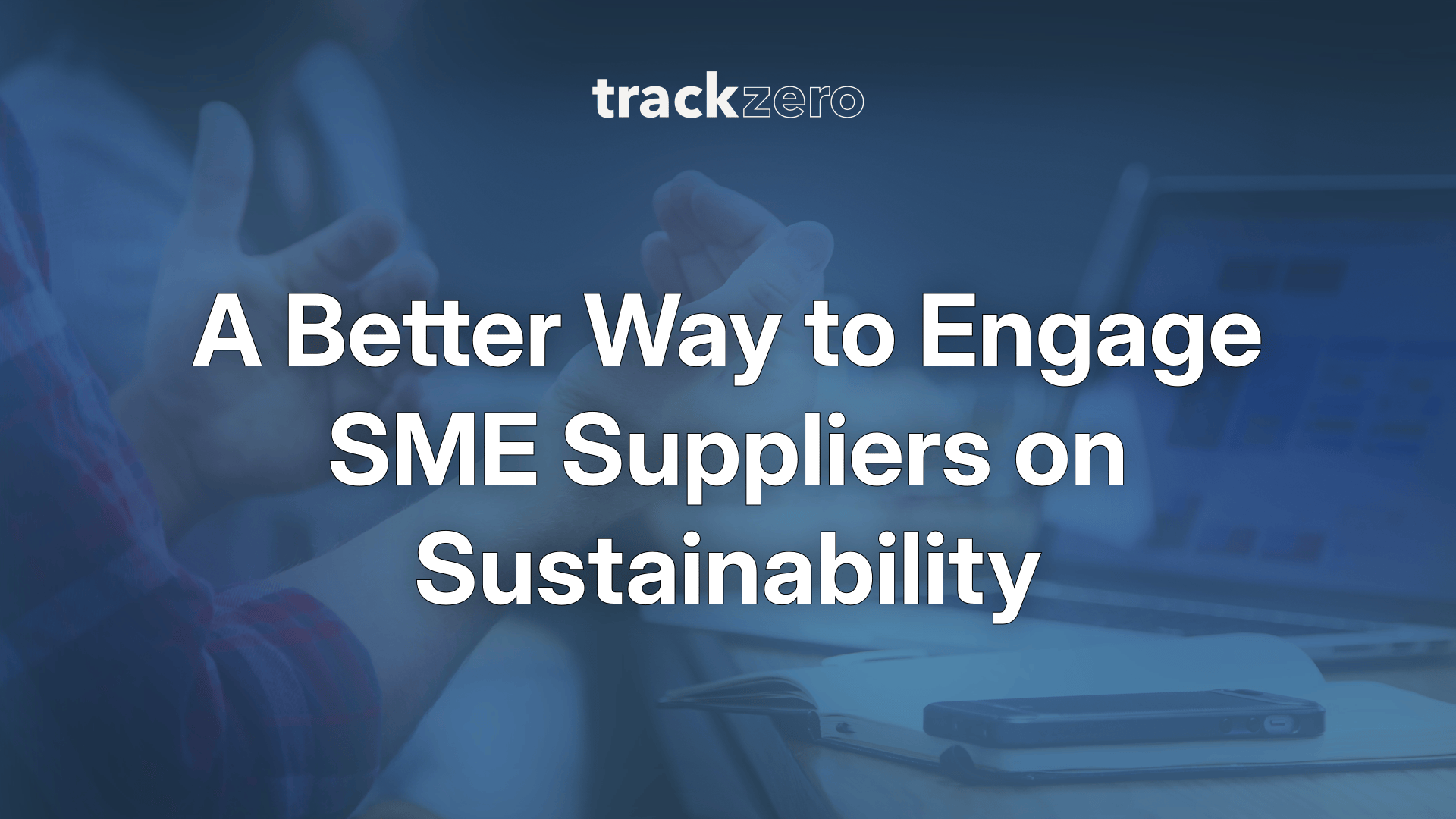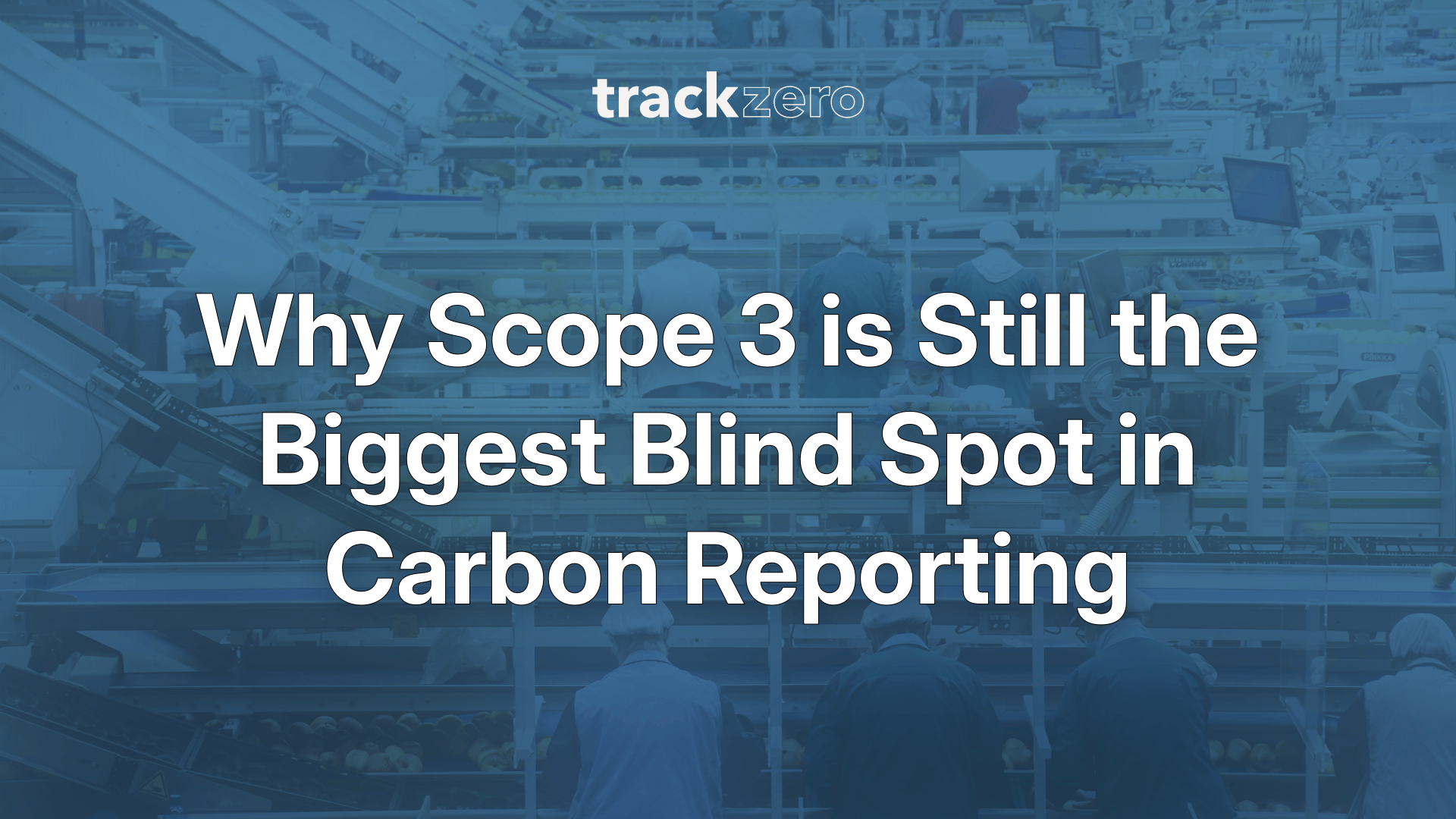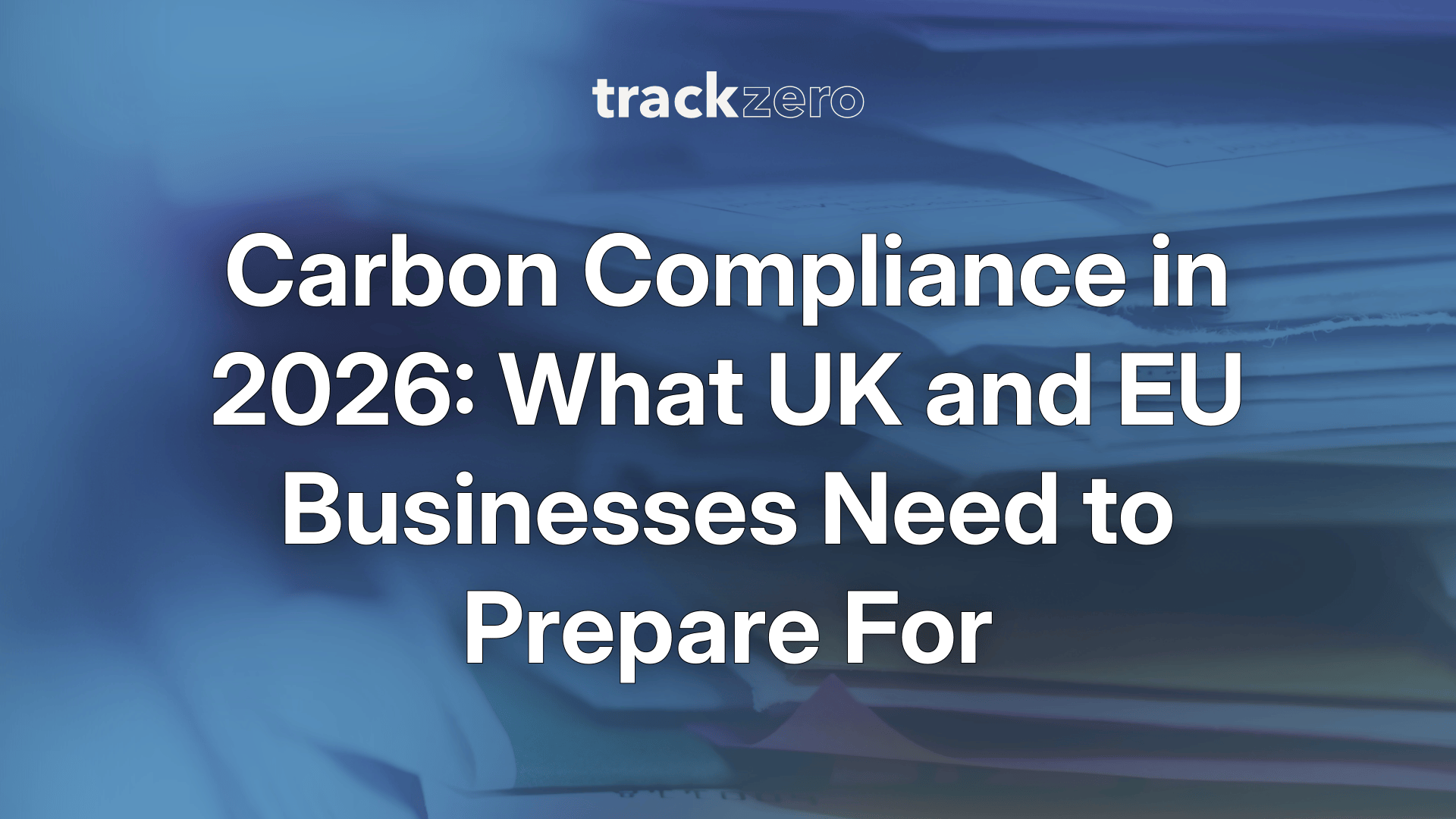Yesterday, B Lab revealed the new long-anticipated standards for B Corp certification. After 4 years of work, it is the biggest rewrite in its history, raising the standard to be in line with rising legislation, global trends and other global standards 📈
These new standards aim to provide businesses with clear, actionable guidelines to address pressing social and environmental challenges to reflect a growing demand for businesses to demonstrate meaningful, measurable impact, not just good intentions 💚
This evolution brings B Corp Certification in line with emerging legislation, global ESG trends, and other leading standards frameworks. At its core, the change is about raising the bar, ensuring that certified companies are not only talking the talk but walking the walk when it comes to creating a fairer, greener, and more inclusive economy.
We know that keeping up to date with changing requirements can be confusing, time-consuming, and at times overwhelming. So, here's a simple summary of some things that have changed and what it means for your business:
1. From Points to Performance
Under the previous model, businesses needed to score at least 80 out of 200 points across the B Impact Assessment to become certified. This allowed companies to excel in certain areas while overlooking others.
The new standards scrap this flexible scoring system in favour of mandatory requirements across seven core Impact Topics. This ensures that all certified businesses are meeting a consistent baseline of performance in the areas that matter most ⚖️
2. The 7 Impact Topics
Certified B Corps will now be required to demonstrate performance across the following key areas:
🧭 Purpose & Stakeholder Governance
Companies must operate with a clear purpose and structure their governance to consider all stakeholders, not just shareholders. This includes having a mission-driven legal framework and decision-making processes that reflect stakeholder impact.
🌡️ Climate Action
Businesses are expected to take credible steps toward reducing their greenhouse gas emissions. This includes setting science-based targets and having a clear action plan aligned with the goal of limiting global warming to 1.5°C.
🧑🏽🤝🧑🏻 Human Rights
B Corps are expected to proactively protect human rights across their operations and value chains: identifying, addressing, and preventing risks such as forced labour or discrimination.
💼 Fair Work
A new combined approach to fair wages and workplace culture. This topic covers everything from paying a living wage to providing safe, inclusive, and supportive work environments, ensuring quality jobs across the board.
🌱 Environmental Stewardship & Circularity
Assess their environmental impacts and take meaningful action to minimize them in their operations and value chain.
🌈 Justice, Equity, Diversity & Inclusion
Foster inclusive and diverse workplaces, and contribute meaningfully to just and equitable communities.
🗳️ Government Affairs & Collective Action
Engage in collective efforts to drive systemic change, advocate for policies that create positive social and environmental outcomes, and, for the largest companies, publicly share their country-by-country tax reports.
3. Risk Assessments & Negative Impacts
As part of the foundational requirements, companies must complete a risk profile using B Lab's new risk assessment tool. This helps determine whether additional due diligence is required based on specific risk factors tied to industry, geography, and operations ⚠️
Businesses must also identify and address potential negative impacts, particularly across climate, human rights, and governance areas. Compliance with national and local regulations remains a baseline requirement.
4. Timeline
The new B Corp standards outline a clear, step-by-step roadmap for achieving and maintaining certification. Rather than being a one-time checkbox exercise, the updated framework emphasises ongoing improvement across the seven core Impact Topics.
Certification is now structured around key milestones:
- Year 0: To achieve initial certification, companies must meet a set of foundational requirements.
- Year 3: To maintain certification, businesses must demonstrate progress by complying with additional Year 3 requirements, on top of their Year 0 commitments.
- Year 5: By this stage, companies are expected to have advanced further, meeting all Year 0, Year 3, and Year 5 requirements.
This phased approach encourages companies to keep moving forward, deepening their impact and embedding sustainable, ethical practices over time. Maintaining B Corp status means staying in compliance with all applicable requirements as they come into effect, building on your impact year after year.
These new standards establish a stronger, more transparent foundation for all businesses committed to building an inclusive, equitable, and regenerative global economy 🌏
While these headline changes provide a clear snapshot of the new direction, the full standards include many more updates. We know it can feel like a lot to take in, but you're not alone 🙌
At TrackZero, we're here to help you navigate this transition with confidence.
Whether you're preparing for your first certification or adapting to the new requirements, we can support you every step of the way, from understanding what's expected to embedding sustainable practices that drive real impact 📊✨
👉 Get in touch today to understand B Corp certification for your business.




